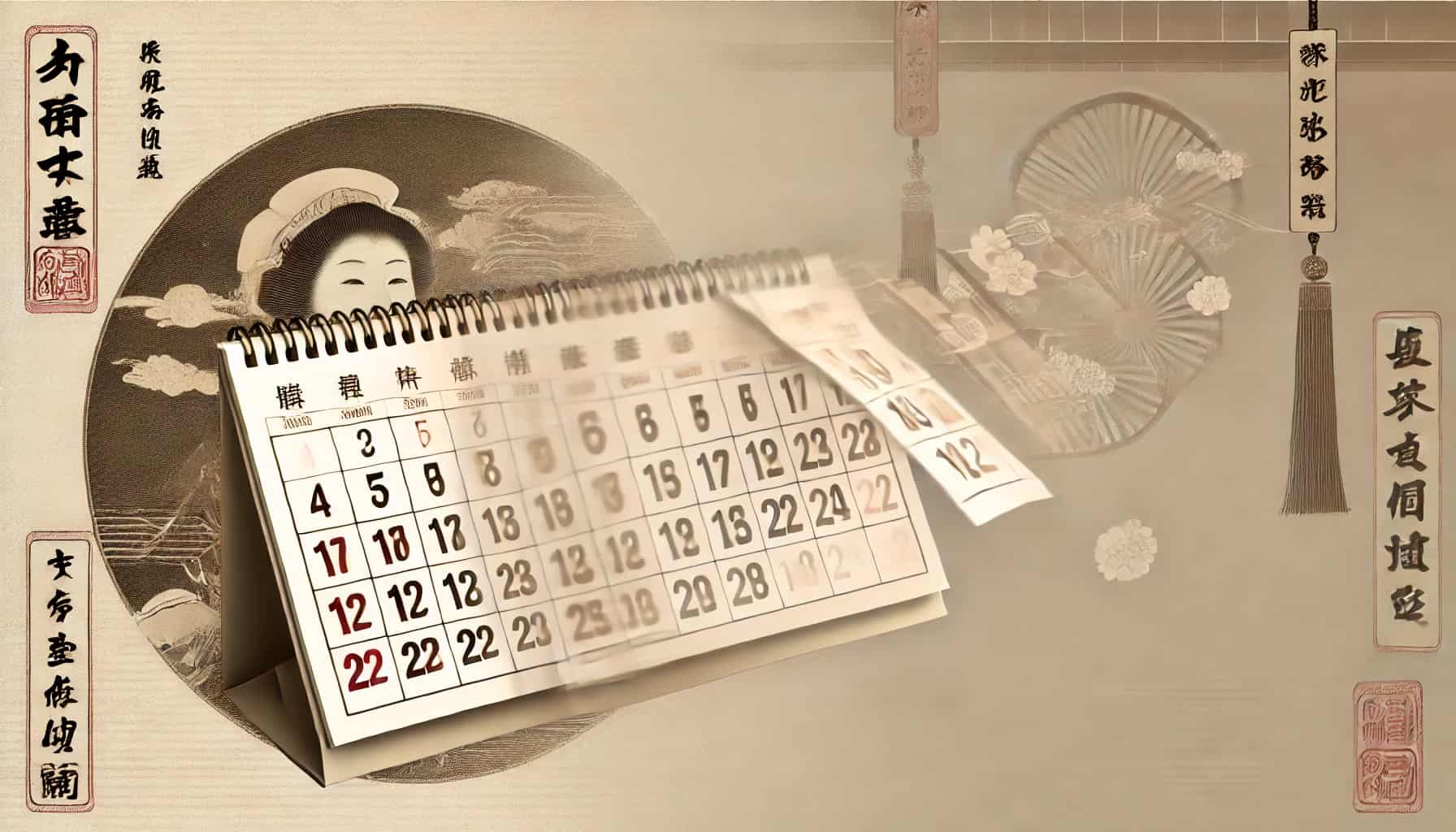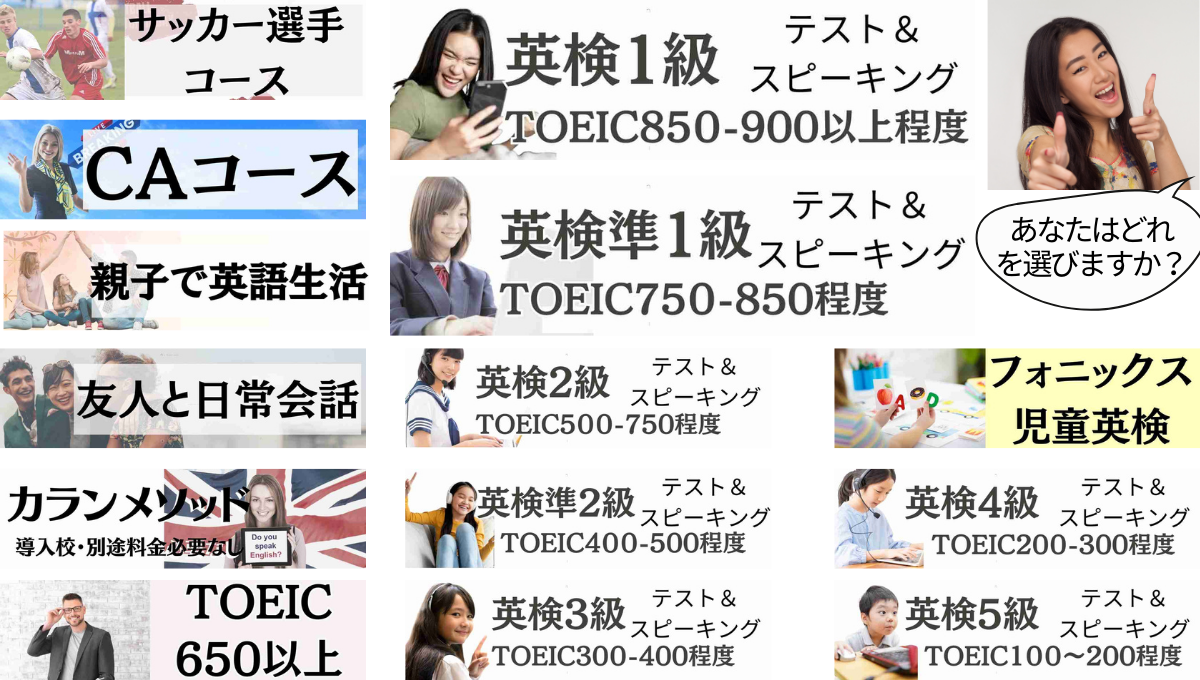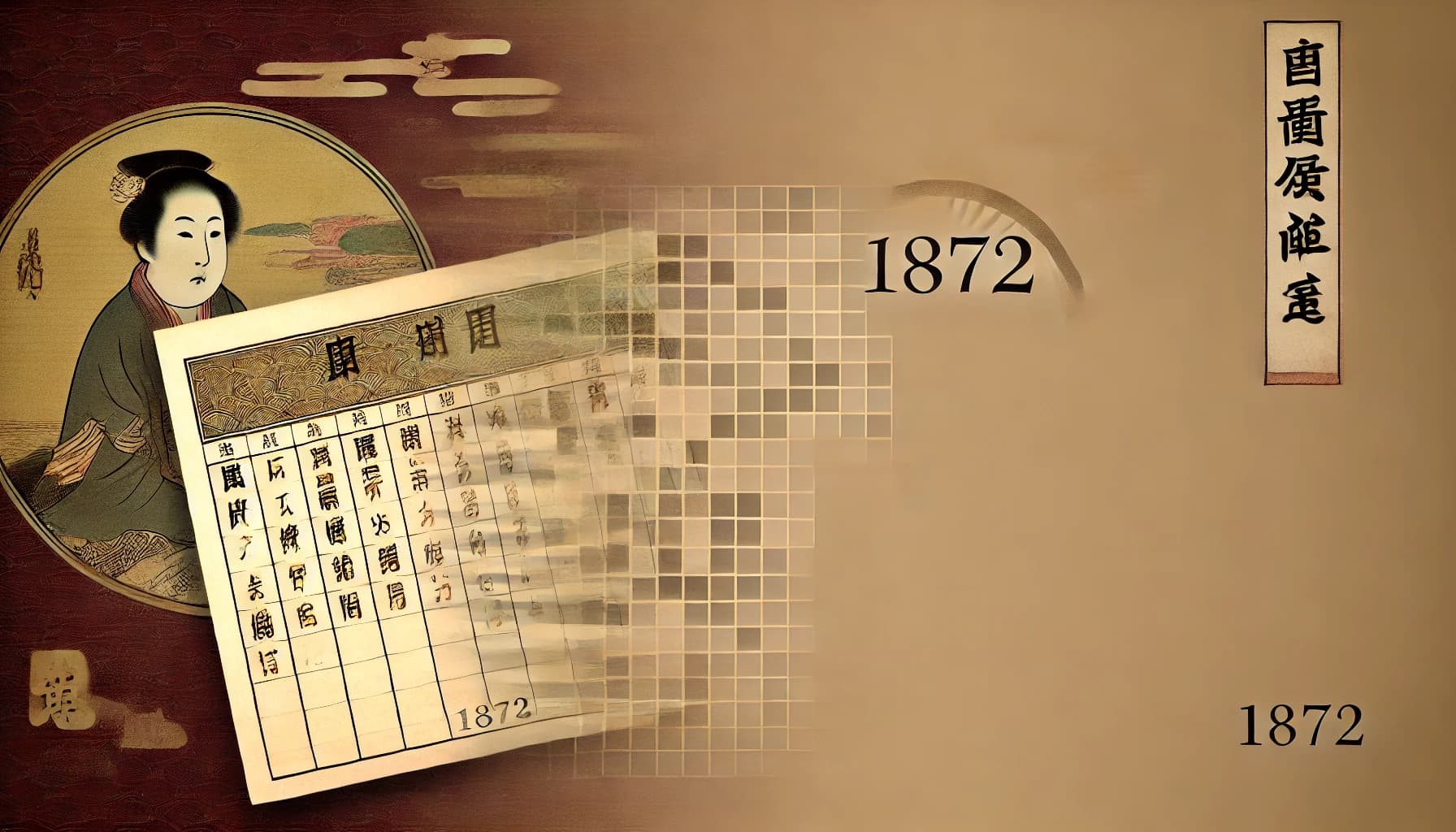The Solar Calendar Adoption in Japan : A Historic Shift from the Lunar Calendar.
この英語教材のテーマは「実際の出来事でカジュアルな英語を学ぶ」
The theme of this English resource is “Learn casual English through real events.”
Section 1: Japan’s Move to the Solar Calendar
On November 9, 1872, the Meiji government in Japan officially announced the replacement of the traditional lunar-solar calendar with the solar (Gregorian) calendar. This significant change aimed to modernize Japan and bring it in line with Western nations. The solar calendar became the new standard, marking a significant step in Japan’s alignment with global standards and its desire for modernization.
Questions and Sample Answers
Q1: When did Japan officially adopt the solar calendar?
A1: Japan adopted the solar calendar on November 9, 1872.
Q2: What was the purpose of changing from the lunar-solar calendar to the solar calendar?
A2: The purpose was to modernize Japan and align with Western standards.
Q3: Which government announced the adoption of the solar calendar in Japan?
A3: The Meiji government announced the adoption.
Now, let’s talk using idioms.
・Let the students choose one favorite idiom and make an example sentence.
Idioms in Section 1
“In line with”: This idiom means to be in agreement or alignment with something.
Example: “The company’s new policy is in line with international standards.”
セクション 1:日本の太陽暦への移行
1872年11月9日、日本の明治政府は、伝統的な太陽太陰暦を太陽暦(グレゴリオ暦)に置き換えることを正式に発表しました。この重要な変更は、日本を近代化し、西洋諸国と足並みを揃えることを目的としていました。太陽暦は新たな基準となり、日本が世界基準に合わせるための大きな一歩であり、近代化への意欲を示すものでした。
質問とサンプル回答
Q1:日本が正式に太陽暦を採用したのはいつですか?
A1:日本は1872年11月9日に太陽暦を採用しました。
Q2:太陽太陰暦から太陽暦に変更した目的は何ですか?
A2:日本を近代化し、西洋の基準に合わせることが目的でした。
Q3:日本で太陽暦の採用を発表したのはどの政府ですか?
A3:明治政府がその採用を発表しました。
セクション1のイディオム
「In line with(足並みを揃える)」:これは、何かと一致または調和していることを意味します。
例:「その会社の新しい方針は国際基準に沿っています。」
Section 2: The Abolishment of the Lunar Calendar

The shift to the solar calendar also meant the abolishment of the lunar-solar calendar, which had been traditionally used in Japan for centuries. This traditional calendar was deeply rooted in cultural and religious practices, so its removal marked a bold and challenging decision for Japan, signaling a move away from the past and toward a future oriented around Western influence.
Questions and Sample Answers
Q1: What calendar system did Japan abolish when adopting the solar calendar?
A1: Japan abolished the lunar-solar calendar.
Q2: How was the lunar-solar calendar important to Japanese culture?
A2: It was deeply connected to Japan’s cultural and religious practices.
Q3: Why was abolishing the lunar calendar a challenging decision?
A3: It was challenging because it required Japan to move away from long-standing traditions.
Now, let’s talk using idioms.
・Let the students choose one favorite idiom and make an example sentence.
Idioms in Section 2
“Move away from”: This idiom means to distance oneself from something or leave it behind.
Example: “The company decided to move away from traditional methods and adopt new technology.”
セクション 2:太陽太陰暦の廃止
太陽暦への移行は、同時に何世紀にもわたり日本で伝統的に使用されてきた太陽太陰暦の廃止を意味しました。この伝統的な暦は文化や宗教的な慣習に深く根付いており、その廃止は日本にとって大胆で困難な決断であり、過去からの離脱と、西洋の影響を受けた未来への志向を示すものでした。
質問とサンプル回答
Q1:日本が太陽暦を採用したときに廃止した暦のシステムは何ですか?
A1:日本は太陽太陰暦を廃止しました。
Q2:太陽太陰暦は日本文化にどのように重要でしたか?
A2:それは日本の文化や宗教的な慣習と深く結びついていました。
Q3:なぜ太陽太陰暦の廃止は困難な決定だったのですか?
A3:それは長年続いた伝統からの離脱を必要としたためです。
セクション2のイディオム
「Move away from(離れる)」:これは、何かから距離を置く、またはそれを手放すことを意味します。
例:「その会社は伝統的な方法から離れて新しい技術を採用することを決定しました。」
Section 3: The Lasting Impact of the Calendar Shift

The adoption of the solar calendar had a profound impact on Japan, aligning its dates with the global system and making international interactions smoother. This change has “stood the test of time” as Japan continues to use the solar calendar today, showing the lasting influence of that decision made in the Meiji Era.
Questions and Sample Answers
Q1: What impact did the solar calendar adoption have on Japan’s international relations?
A1: It made international interactions smoother by aligning Japan with the global system.
Q2: How has the decision to adopt the solar calendar shown lasting influence?
A2: The influence is lasting, as Japan continues to use the solar calendar today.
Q3: Which era did the adoption of the solar calendar take place in Japan?
A3: The adoption took place in the Meiji Era.
Now, let’s talk using idioms.
・Let the students choose one favorite idiom and make an example sentence.
Idioms in Section 3
“Stood the test of time”: This idiom means something has proven to be valuable and lasting over many years.
Example: “Her advice on kindness has stood the test of time and is still relevant today.”
セクション 3:暦変更の持続的な影響
太陽暦の採用は、日本の日時が世界のシステムと一致するようになり、国際的な交流が円滑になったという深い影響を与えました。この変更は「時の試練に耐え」、今日も日本が太陽暦を使用し続けていることから、その決定が明治時代に与えた持続的な影響を示しています。
質問とサンプル回答
Q1:太陽暦の採用は日本の国際関係にどのような影響を与えましたか?
A1:日本の日付が世界のシステムと一致し、国際的な交流が円滑になりました。
Q2:太陽暦採用の決定が持続的な影響を示しているのはどのような点ですか?
A2:その影響は、今日も日本が太陽暦を使用し続けていることに表れています。
Q3:日本で太陽暦の採用が行われたのはどの時代ですか?
A3:明治時代に採用されました。
セクション3のイディオム
「Stood the test of time(時の試練に耐える)」:これは、長い年月を経ても価値や有用性を維持していることを意味します。
例:「彼女の親切についてのアドバイスは時の試練に耐え、今でも役立っています。」



免責事項:
この英語教材はChatGPTを使用して生成した内容に手を加えて掲載しています。情報の正確性については十分注意を払っておりますが、誤りが含まれている可能性があります。この教材の利用によって生じた損害について、当方はいかなる責任も負いかねますので、ご了承ください。



